
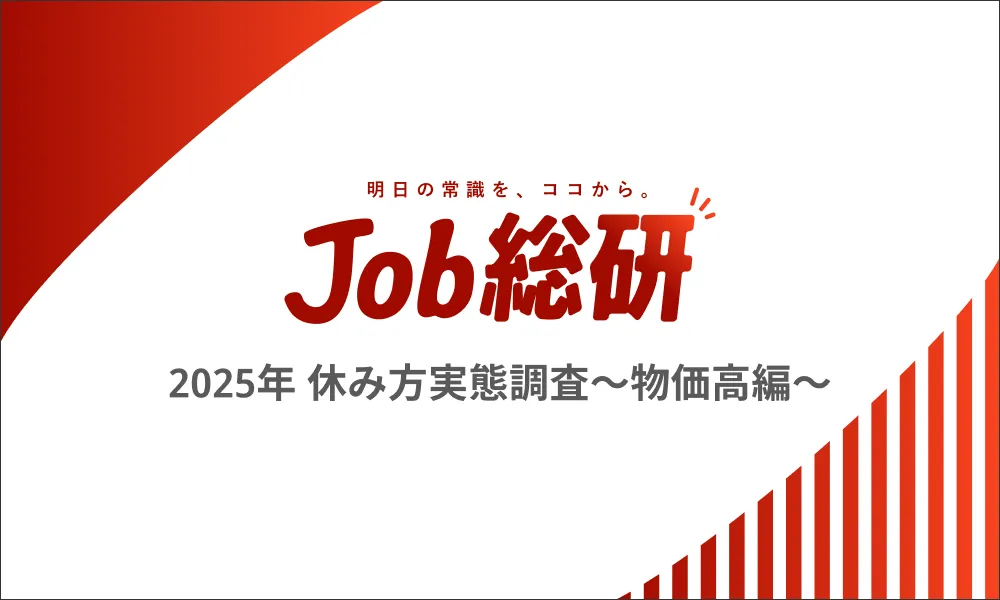
The Impact of Rising Costs on Leisure Activities: Insights from the 2025 Job Research Survey
The Impact of Rising Costs on Leisure Activities
In light of the ongoing inflation, Job Research has recently conducted a survey to examine how rising costs affect the way employees spend their holidays. Conducted from May 2 to May 7, 2025, this survey involved 378 working adults and sought to uncover the relationship between increased living expenses and leisure activities along with how these factors influence work attitudes and priorities regarding income and time off.
Rising Costs and Holiday Spending
The survey results reveal significant insights into the changing habits of individuals regarding their spending. With the costs of dining out and recreational activities surging, many respondents indicated that they feel forced to spend more on their days off despite stagnating real wages. This combination has led to a prevailing sentiment that holidays may, in fact, create an economic burden for many employees. As such, the job research indicates a shift in mindset wherein respondents feel that perhaps a holiday isn't worth the financial strain.
Key Findings
1. Eighty-four percent of respondents acknowledged the influence of rising costs on their weekend activities.
2. Seventy-three percent expressed feelings of financial strain regarding their weekend expenditures.
3. An impressive 60.8% stated a desire to pursue side jobs or additional work to compensate for lost income. Among these, the desire for side work was most prevalent, with many respondents feeling they must change their leisure habits to adapt to new economic pressures.
A Dilemma: Leisure vs. Income
When asked what they prioritize between income or leisure, 57.6% chose income, revealing a striking shift in priorities. As economic pressures mount, a close to half of respondents stated they would reduce time off if it resulted in greater earnings. This dilemma presents a growing trend among workers to be more frugal with leisure time and expenses.
Primary Reasons for Seeking Additional Income:
- - To enhance future savings (49.4%)
- - To maximize earnings while the opportunity exists (48.3%)
- - Stagnant wages compel further efforts (38.1%)
In contrast, those who preferred not to reduce holidays cited mental health and well-being as their main reasons. Seventy percent believe that maintaining time off is integral to sustaining physical and mental wellness.
Psychological Impact of Inflation
This economic strain doesn’t merely alter spending habits; it shifts mentalities. Nearly 64.3% of respondents began to view their workload as a necessity for survival. The survey found that the financial burdens of leisure costs incur not only fiscal constraints but also mental and emotional strains on employees:
- - The obvious cutback on spending is in dining and travel, with many noting reduced frequencies and increased time spent at home.
Changes in Spending Patterns:
- - 48.4% reduced dining and social outings
- - 47.2% found themselves spending more time at home
- - A shocking 78.3% have opted for cheaper leisure activities, indicating a strong wave of frugality among working adults.
Looking Ahead: Possible Trends
As this survey underscores, higher living costs are instigating broad changes in how individuals engage with their work life and leisure. Such financial hurdles seem likely to push individuals toward side jobs, part-time endeavors, or fewer days off—choices reflecting a significant cultural shift.
As the economic landscape continues to evolve, Job Research aims to further investigate these trends. The findings from the 2025 Holiday Spending Survey indicate that workers are beginning to question societal norms around leisure and income—challenging the notion that rest should come without financial implications.
Call to Action: The increasing tension between well-being and financial necessity raises questions about how organizations can support their employees in this climate. Promoting mental health, supporting work-life balance, and offering financial literacy and planning resources could help employees navigate these complex challenges.
Moving forward, Job Research remains committed to delivering actionable insights regarding how the pressures of inflation affect the workforce, aiming to create a more manageable relationship between work and personal life for all professionals. Through its comprehensive studies, it seeks to redefine common workplace perceptions and foster a healthier work environment in alignment with its mantra, ‘Rethinking Work for Tomorrow.'
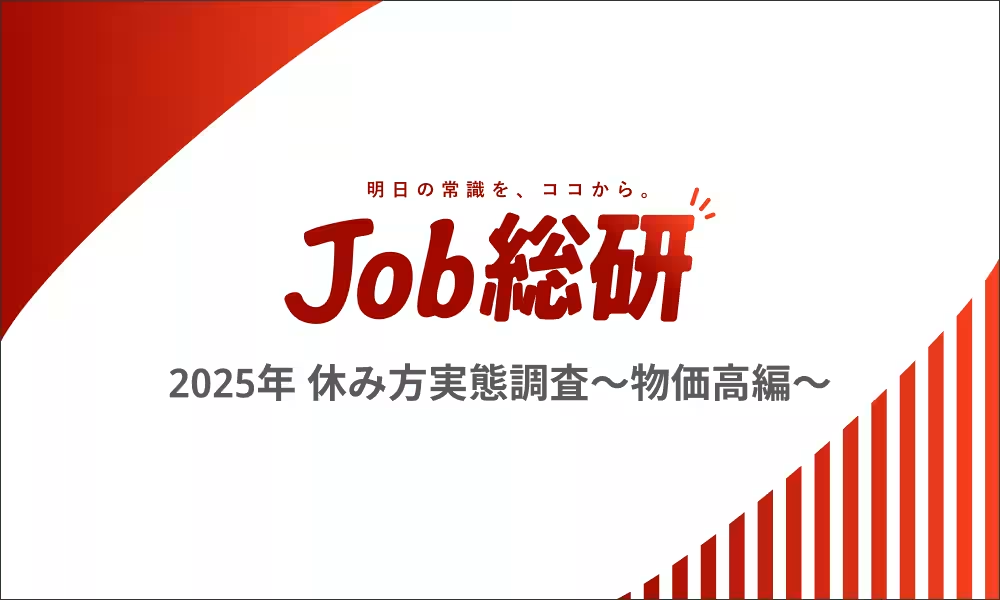
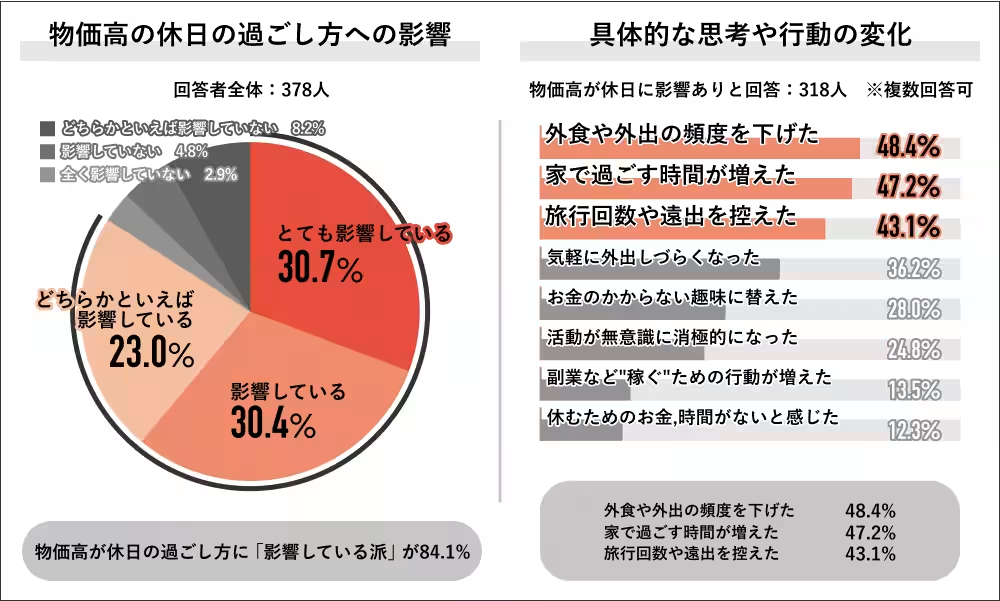
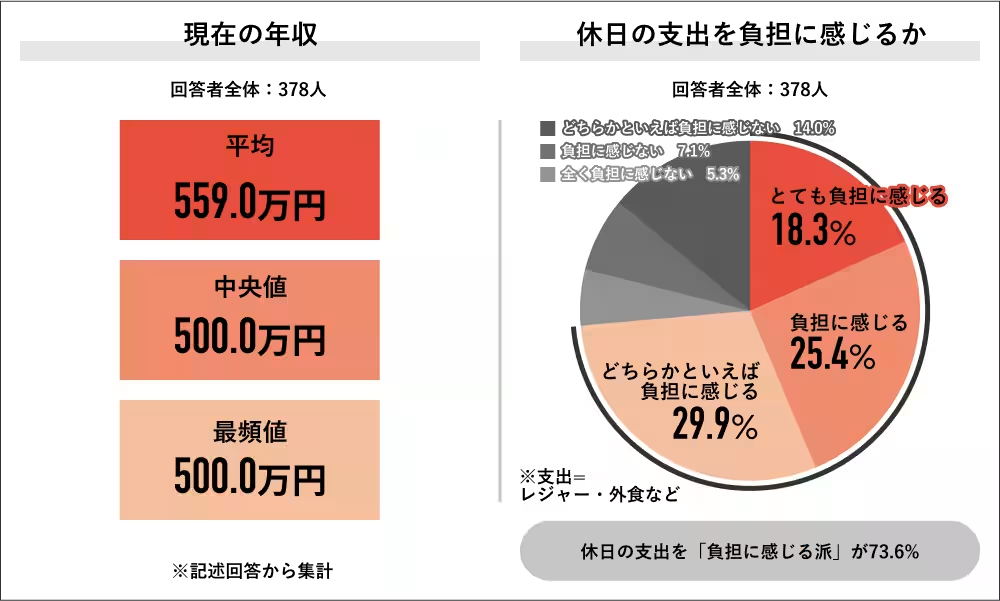
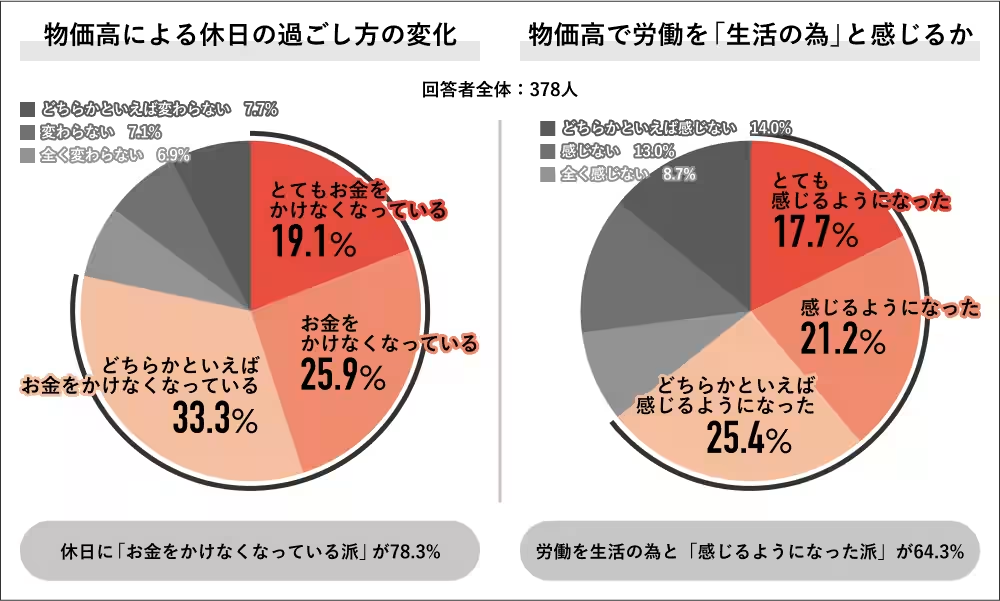
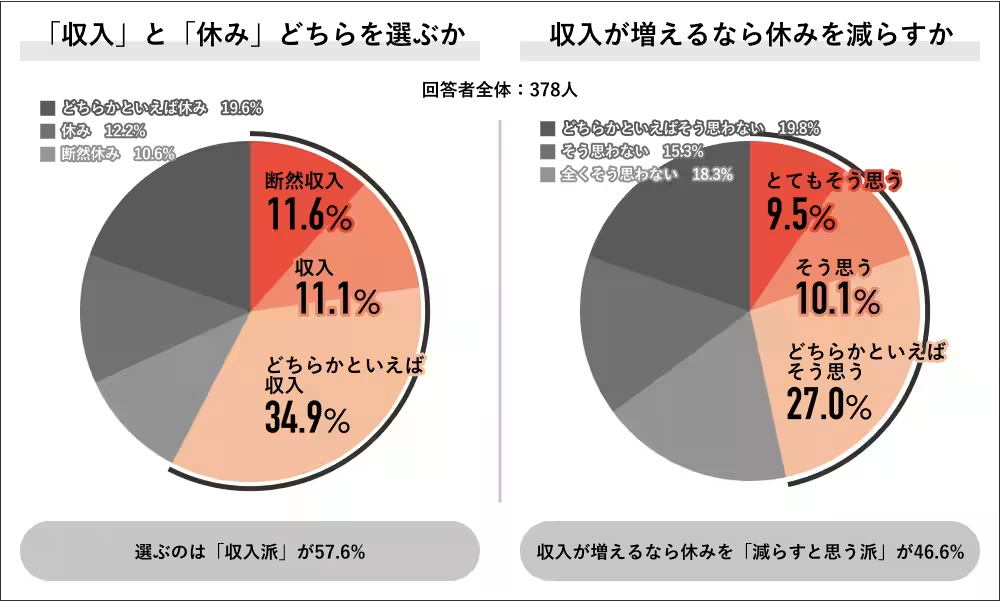
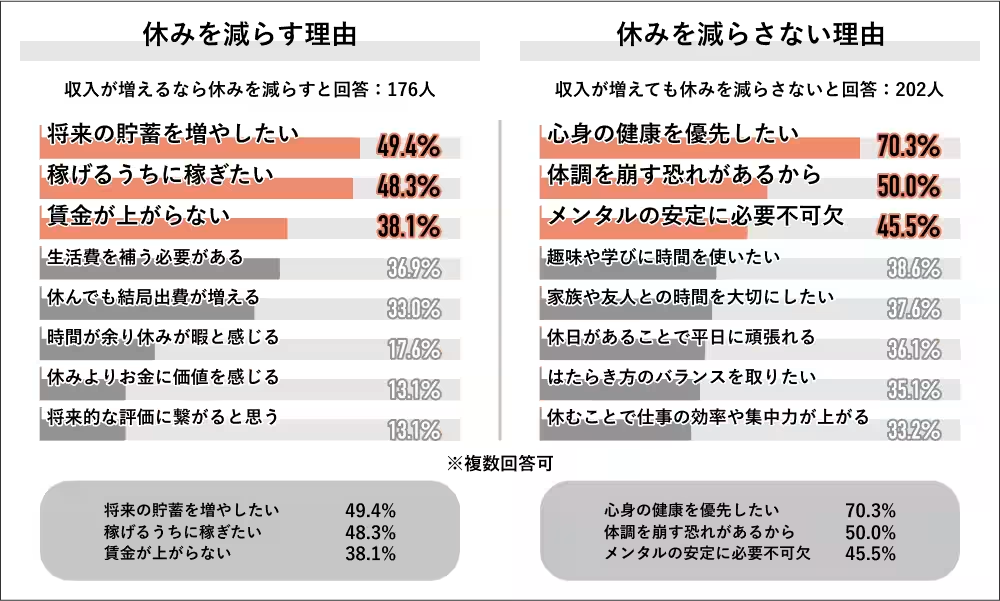
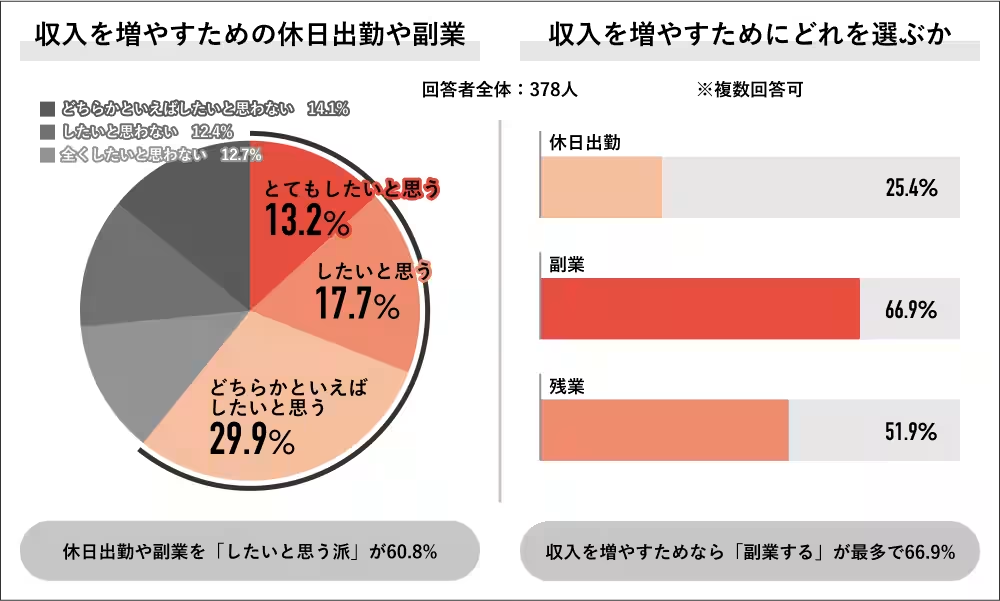

Topics People & Culture)










【About Using Articles】
You can freely use the title and article content by linking to the page where the article is posted.
※ Images cannot be used.
【About Links】
Links are free to use.